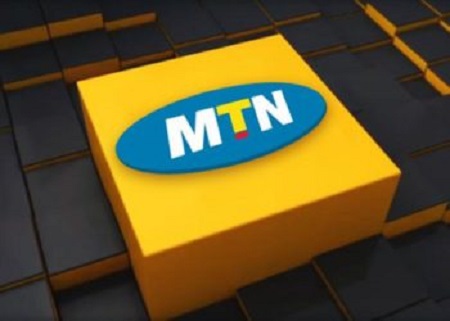Between October 2020 and December 2022, MTN Ghana was denied GHS86.6 million in interconnect fees due to its significant market power (SMP) status.
This was the sum of money each of the three other telcos – Vodafone, AT, and Glo should have paid to MTN for terminating traffic (calls and SMS) on the MTN network over the two-year plus period in question, but for the SMP regulatory intervention by the National Communications Authority (NCA).
After the NCA declared MTN as SMP in June 2020, it implemented a number of regulatory interventions aimed at correcting the market imbalance by giving the non-SMP telcos some respite so they can be competitive.
One such intervention was the asymmetrical interconnect fee – which are regulatory fees telcos pay to each other monthly for terminating calls and SMS on each other’s networks.
Due to the size of MTN, it was estimated that over 70% of all calls and SMS in Ghana were terminated on MTN. As a result of that, when telcos do the monthly interconnect reconciliation, all the other telcos pay MTN, but MTN does not pay any telco a pesewa.
So, NCA’s regulatory intervention was to reduce the fees the other telcos paid to MTN by 30% for those two years to save those telcos some money they could invest into their respective networks to improve and remain competitive.
Savings
Per what NCA Director-General Joe Anokye told Graphic Business, out of the GHS86.6 million denied MTN, Vodafone’s had a much bigger share of GHS50.4 million, representing 58%; AT saved GHS34.8 million, being 40% and Glo was left with GHS1.6 million – 2% of the total.
This means over the two-year period, the other telcos paid MTN a cumulative interconnect fee of a little over GHS202 million, which is 70% of what they should have paid – GHS288.7 million.
The declaration of MTN as SMP was because, as the government said, MTN controlled more than 70% of the voice, data, SMP, mobile money and telecoms revenue for many years, which created a grave market imbalance in Ghana’s telecom industry.
The SMP interventions were therefore meant to, among other things, correct that imbalance and create a level playing field by limiting the ability of the dominant player to manipulate its tariffs, shortchange consumers, control its profit margin, and possibly increase obstacles to potential new entrants or smaller players in the market.
In line with that objective, apart from the asymmetrical interconnect fees reduction, which denied MTN GHS86.6 million in two years, NCA also compelled MTN to implement other measures like the removal of on-net/off-net price differentials on default tariffs for voice and SMS. This means the tariff for calls and SMS between two MTN lines should be the same as that of calls and SMS from MTN to other networks.
Indeed, NCA also gave MTN a directive order not to have the lowest voice, SMS, and data prices on the market. A practical result of that directive was the recent order for MTN to withdraw their affordable Data Zone Bundles and re-introduce them at higher prices.
NCA’s recent statement
Meanwhile, on June 20, 2023, some two years after implementing SMP interventions, NCA, out of the blue, issued a statement, not to give Ghanaians an update on the impact of the policy so far, but to say, in the main, that declaring MTN SMP was not meant to punish or stifle the operations of MTN.
NCA acknowledged in the last paragraph of that statement that, in spite of the SMP declaration (which has obviously put constraints on MTN) MTN can still expand and grow its business.
Indeed, MTN has over the past two years of being declared an SMP, been doing just that. Per the NCA’s own data, between December 2019 and February 2023, MTN has grown its market share from 55% to 67%. Meanwhile, the telcos which were intended to benefit from the SMP intervention have rather lost market share considerably.
Over the same three-year period, Vodafone has lost market share from 22% to 18%; AT has lost even a bigger margin from 21% to 15%, while Glo has lost all of its 2% market share and dropped to zero.
Investment
Again, per MTN’s annual reports for 2021 and 2022, the company invested GHS1.6 billion in its network in 2021 and GHS2.1 billion in 2022, the same period in which it was denied GHS86.6 million meant to be paid by other telcos.
Meanwhile, it is still not clear what the three smaller telcos used the GHS86.6 million savings for.
The Director General of NCA, Joe Anokye said the NCA has not done forensic analysis to know what the telcos used that money for but at some point, probably, “we have to do that.”
He, however, indicated that the NCA does not categorically tell the smaller players what they should use that savings for.





